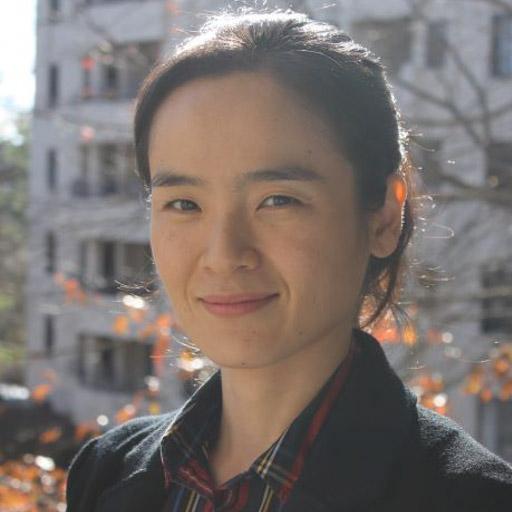
Yuan Yi
Pronouns: She/Her
- Assistant Professor, History
Are you the profile owner?
Sign in to editContact information
Email:
Availability:
Biography
Yuan is a historian of China with research interests in the history of science and technology in global perspective. Her current research focuses on transpacific histories of textile production as a technology and an industry. Her first book project, Handmade Factory: How the Machine Complicated the Politics of Knowledge in the Transpacific Cotton Industry, 1890-1937,examines the mechanization of cotton spinning in China with emphasis on the transpacific circulation of spinning machines, cotton varieties, and technical experts. It demonstrates how the engineers, mechanics, female machine operators, and cotton growers tackled American machines that failed to process short-staple Chinese cotton, through modification, repair, and maintenance of the foreign machines on the shop floor while replacing native cotton with American varieties in cotton fields. A portion of it has appeared in Technology and Culture, an earlier version of which was awarded the Samuel Eleazar and Rose Tartakow Levinson Prize by the Society for the History of Technology.
Yuan's second book project, “Yellow Cotton: Nankeen, Biodiversity, and a Variety of Capitalism, 1750-2000,” examines early transpacific trade with emphasis on the rise and fall of nankeen, a fabric handwoven out of cotton varieties native to Nanjing, China. Characterized by a naturally yellow tint and sturdy texture, nankeen was a major export item to Europe and America in the eighteenth and nineteenth centuries, where it was a popular material for men’s breeches and waistcoats. A prequel to her first project, the new research explores how global capitalism worked without machines but all through the exploitation of natural resources, mobilization of labor, and production and dissemination of knowledge. Yet, although exploitative by many accounts, the nankeen industry allowed different cotton species and varieties to thrive. Its deindustrialization coincided with the industrialization of machine spinning, which ushered in the monoculture of select cotton varieties with long and white fibers suitable for the new production system. The history of nankeen thus challenges our fundamental assumption that cotton is white, asking how and why it became white. She is currently researching and drafting chapters as a 2025-26 Winterthur Postdoctoral Fellow and a Co-Investigator of the SSHRC-funded DePOT partnership.
Born and raised in South Korea, Yuan earned her PhD from Columbia University in 2020, where she held a postdoctoral fellowship prior to joining the Concordia faculty in 2022. She welcomes inquiries from students of color as well as international students.

